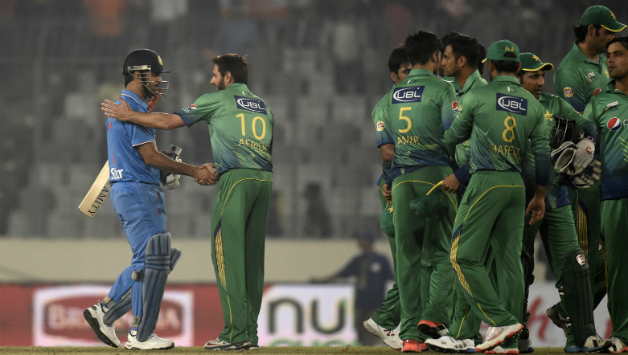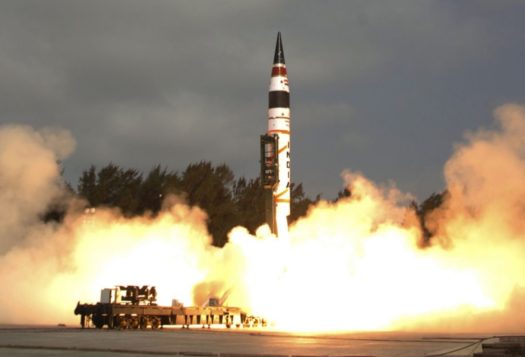
Cricket has returned to Pakistan after a lull of six years, with the Zimbabwean cricket team and its management deserving credit for looking beyond the established narrative in the international cricket community – that Pakistan is hostile terrain for traveling, let alone playing cricket in. This also comes as a relief for the cricket-starved public in the country, who had to become frustratingly content with watching their team perform on the sand bowls of the Emirates instead of at the Gaddafi Stadium in Lahore or the National Stadium in Karachi for that matter. In terms of security arrangements, concerns have been allayed with the promise of ensuring foolproof security for the personnel, staff, and players of both teams and for tackling any unwanted event (such as the incident against the Sri Lankan cricket team in 2009 after the third day of the second test match at the Gaddafi Stadium in Lahore) this time around. While this tour is undoubtedly a welcome sign for the Pakistani public, it should also be treated as an opportunity for citizens and policymakers to understand the underlying motivations of certain acts of terror which have taken place recently.
Despite considerable scholarly debate on the subject of “terror,” it is acknowledged that terrorism by definition is an operational technique which involves violence or the threat of violence to send a message to a wider target audience. This certainly holds true when one considers the symbolic significance of the Army Public School attack in Peshawar which took place in December last year. It was clear that this was an act which was conducted to send a message to the Pakistan Armed Forces which were embroiled in operation Zarb-e-Azb: that their casualties (including women and children) will not be tolerated, and that the children of Army personnel will be targeted as a reprisal attack. Similarly, the recent Safoora Bus Attack targeting the Ismaili group in Karachi is another example of an operational technique, directed at fomenting discord in their wider community and polarizing different religious groups. This operational aspect becomes pertinent given that Karachi, despite its sectarian issues, has prided itself on its secular environment and the fabric of the city has historically promoted peaceful coexistence between different communities.
According to Dr. Jeffrey Bale of the Middlebury Institute of International Studies,to describe terrorist groups as solely irrational or rational entities would be erroneous, to say the least. To a large extent, the “rationality” aspect is confined to their operational techniques – which are often based upon precision and calculated strategies. For example, the LTTE’s use of suicide bombers to cripple the Sri Lankan armed forces prior to being defeated in 2009 helped to convolute the strategy to defeat them. This is despite the fact that at times the results which come forth often starkly differ from what is originally intended. Yet, without such calculated strategies and selective targeting, the survival of such militant groups becomes questionable. Their “irrationality,” on the other hand, essentially boils down to their ideological inclinations and proclivities. An example includes the inherent obsession with concepts such as apocalyptic millennialism on part of the Christian Identity back in the 1920s and1980s.
While it is undoubtedly true that being a minority in modern day Pakistan has its demerits (as far as being a potential soft target is concerned, or being at the wrong end of barbarism), the rationality aspect of a terrorist group’s modus operandi certainly means that any group (regardless of sect, religion, or creed), can be a potential target. For example, our children who were butchered in broad day light during the APS attack in Peshawar were not entirely Shia or Sunni or Ahmadi for that matter, (but were more importantly) children hailing from an Army Public School, which carried symbolic significance if one takes it as a potential blowback of Operation Zarb-e-Azb. Similarly, the 2009 attack on the Sri Lankan cricket team was another attempt to send a message to the federal and provincial governments that “infidels” are not welcome in Pakistan and will not be tolerated. As per the militant rationale, the establishment of a state based upon their version of sharia law which includes disposing of infidel regimes (which may be democracies or dictatorships) that are “un-Islamic” or of governments pandering towards Western ideals is a goal that needs to be achieved at any cost. Hence, any target which helps in furthering their cause or realizing this “utopia” could be at the wrong end of barbarism regardless of whether they are Sunni, Shia, Christian, or Hindu for that matter.
The belief that terrorism inflicts irreparable damage on everyone regardless of caste, creed, religion, or sect is not such a farfetched thought. The only possible exceptions would be those who subscribe to their concocted worldview or selective interpretation of religion. In light of the recent attack on the Ismaili community in Karachi, it is crucial for Pakistanis to understand that anyone can be a potential target, and that unity across the board is the key to defeating their irrational leaning. What is more important in the long run is to ensure that innocent lives are not lost; for policymakers, that can be realized if there is due consideration to acts of terror as an operational technique for wider goals.
***
Image: Munir Uz Zaman-AFP, Getty


